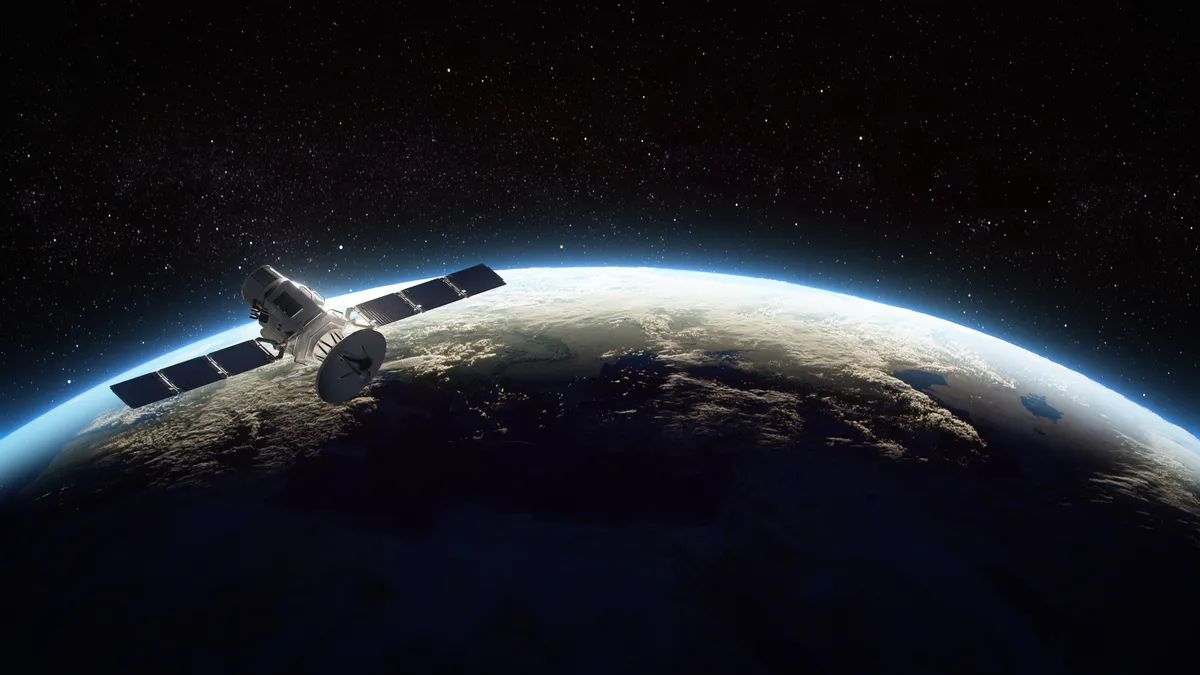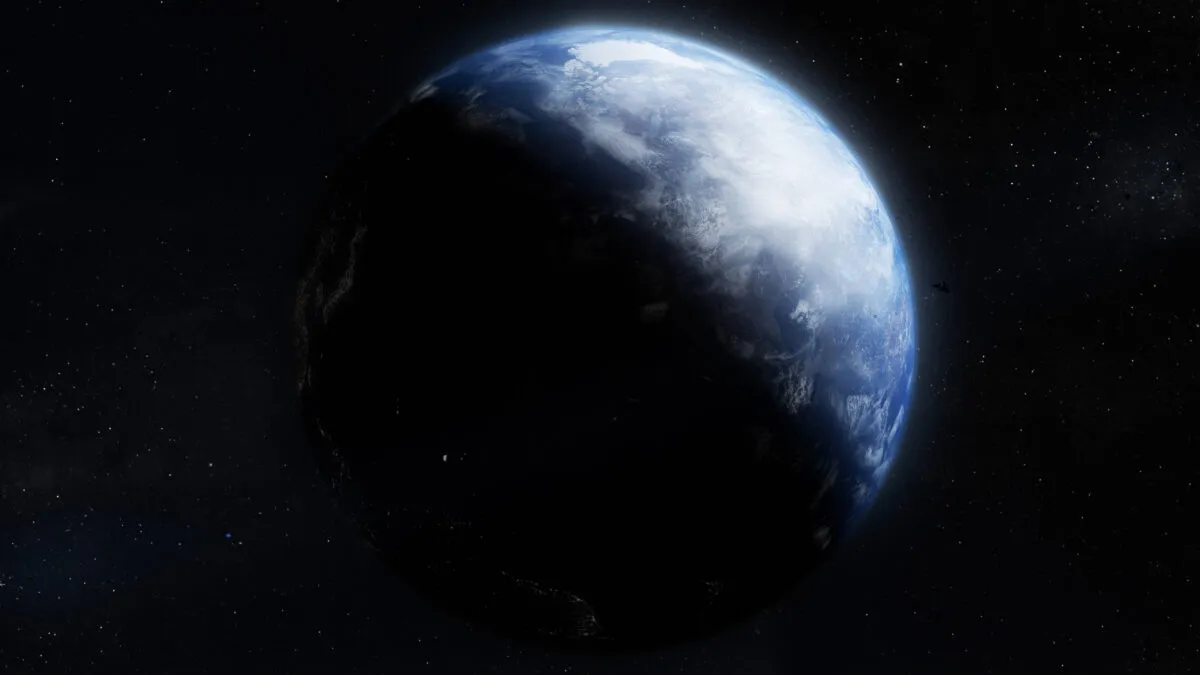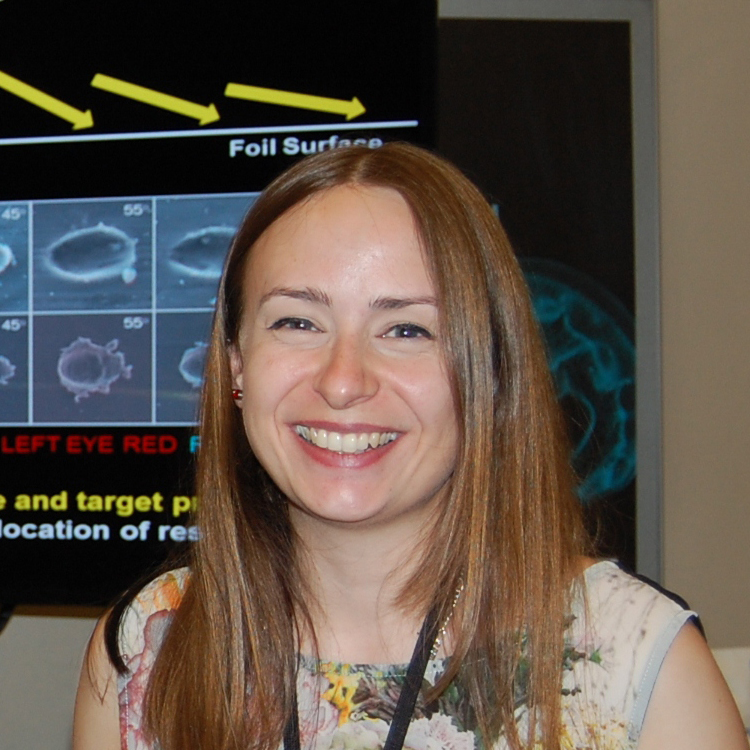As Earth orbits the Sun, it spins on its axis, but what would happen if this spinning simply stopped?
If Earth stopped spinning, would we even be aware of it?
To answer this question let's first consider how fast the Earth is rotating.

To complete one rotation in (just under) 24 hours at the equator, where the circumference of the Earth is about 40,000,000 metres, the surface must be moving at over 400 metres per second!
This speed decreases as you move away from the equator and towards the poles.
But wherever you are on the surface, you will remain travelling at near constant speed over time.
So, if we are travelling this fast, why don’t we feel this motion?
Well, you and everything around you are travelling at practically the same speed, and are being held firmly in place by gravity, thus, you don’t feel the motion.

Effects
However, if the Earth instantly stopped spinning, then we’d suddenly be made painfully aware of its previous rotation as we'd all get flung eastwards!
If, on the other hand, the Earth stopped spinning gradually, the effects would also be more gradual.
We would notice that the days and nights were getting longer, our circadian rhythm would be disturbed and our weather patterns, which are influenced by Earth’s rotation, would start to change.
Technology, dependent on satellites in orbit, would start to experience problems.

For example, the orbit of geostationary satellites is synchronised with the motion of the Earth so they remain positioned above the same spot on the equator.
They would no longer appear ‘stationary’ in the sky above us, making it impossible to maintain the telecommunications and weather monitoring systems that rely on them.
We may also experience loss of our magnetic field (and all the benefits that provides such as protection from harmful radiation!) since this is also believed to be linked to our planet’s rotation.
Eventually, the Earth would become tidally locked with the Sun.
One side of the Earth would be subjected to continuous daylight and heat from the Sun’s rays, the other would be plunged into everlasting night, becoming extremely cold.

Both would be unfavourable to many forms of life.
Lifeforms that photosynthesise or depend on photosynthesising organisms for their food would die out on the dark side and life on Earth would therefore suffer a mass extinction.
The resulting weather patterns and ocean currents would be fascinating.
Indeed, the transition region between the two sides (day and night), would be very interesting, and is a favourite theme of some science fiction writers,
So is the Earth likely to stop spinning?
The Earth’s rotation is indeed slowing over time, but it’s only a very subtle change amounting to an increase in the length of an Earth day of about 1 second every 50,000 years.
If Earth stopped rotating - a summary:
- Days and nights would get longer
- Our circadian rhythm would be disturbed
- Weather patterns would start to change
- Satellite technology would experience problems
- Possible loss of Earth's magnetic field
- One side of Earth in continuous daylight
- One side of Earth in continuous night
- Lifeforms that photosynthesise would die out
